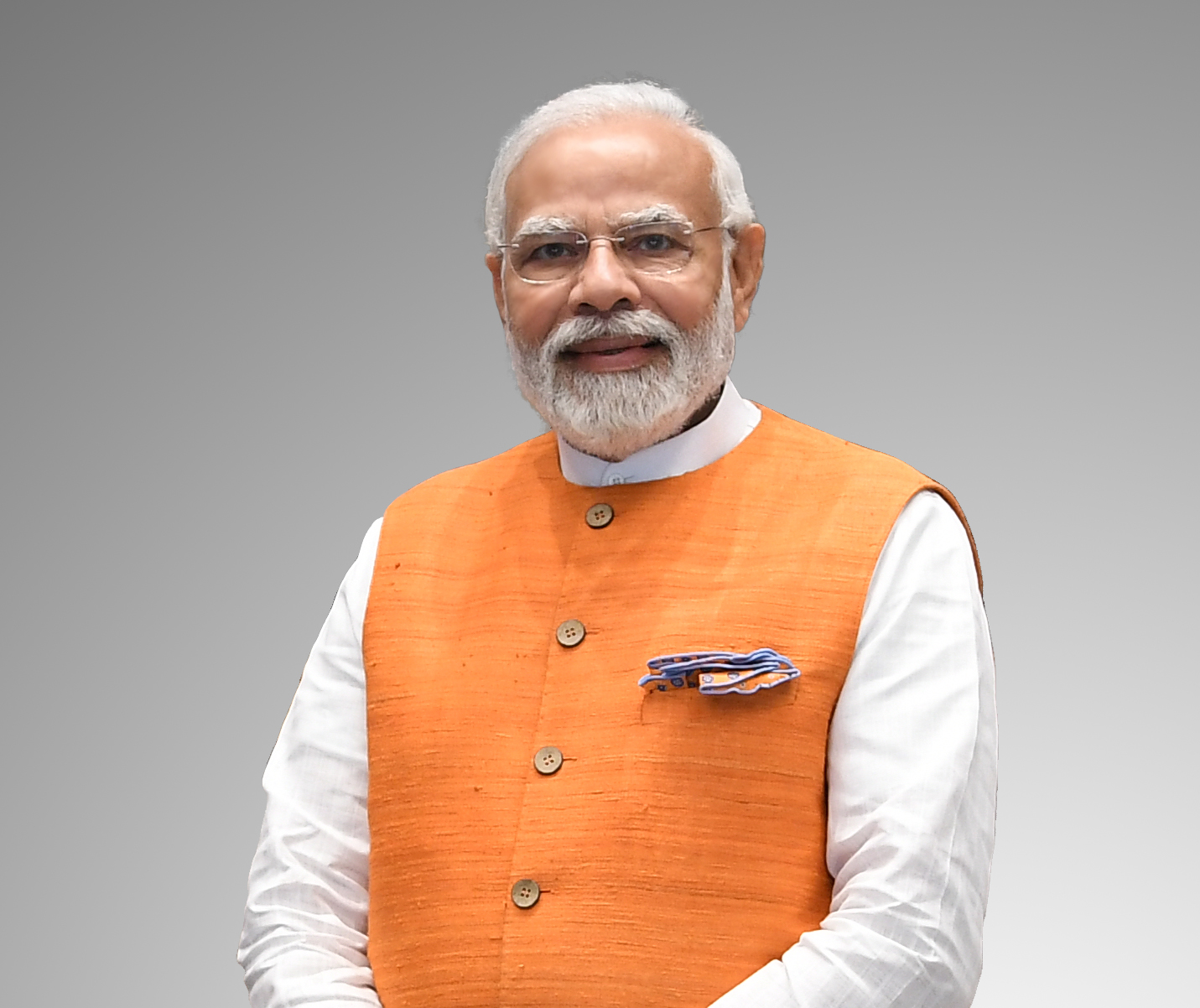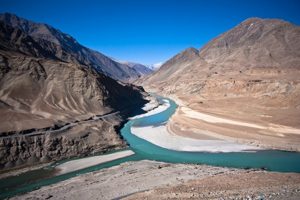The dynamic decision, and dedication towards work whenever you think about it, the first name that comes to your mind is the 14th Prime Minister of India Narendra Modi. We can’t get a better example than this.
Born into a poor family in Gujarat and rose from an ordinary person to serve as the Prime Minister of the country, Narendra Modi has earned the sobriquet of ‘Vikas Purush’ through perseverance and dedication.
Advertisement
Since his family was very poor, PM Modi’s childhood was full of struggle. He was born and brought up in Vadnagar in northeastern Gujarat. His father, Damodardas Mulchand Modi, had a tea shop and young Narendra used to help him in running it. Narendra started working at the tea stall at a tender age. Since their financial condition was very poor, his mother used to work as a domestic help in the neighbourhood.
Advertisement
While helping his father in his chores at the tea stall, Modi carried on his studies with dedication, spending hours with books in the library. He did his higher secondary education from Vadnagar in 1967. An avid reader, Narendra Modi is a devotee of Swami Vivekananda since childhood. He got his inspiration from Swami Ji’s works. As an ardent follower of Swami Vivekananda, he stuck to his path till date. It’s Swami Ji’s personality that instilled the spirit of patriotism in him.
At age 13, Modi ji was married to a girl named Jashodaben from his village. However, since he was not mentally prepared for the marriage, he faced domestic problems for a few years before leaving home and spending his time traveling the North East and other places in India.
Army craze in childhood
As a child, PM Modi’s dream was to serve the country by joining the Indian Army although his family members were strongly opposed to the idea. He was very keen to study in a Sainik school near Jamnagar, but when it came to paying fees, his family couldn’t afford it due to a severe shortage of money at home which left him a bit anguished.
How did Narendra Modi enter politics?
Since childhood, Narendra Modi had a strong inclination towards the Rashtriya Swayamsevak Sangh (RSS) which had a strong base in his home state Gujarat. He reached Ahmedabad in 1967 at the age of 17 and joined the RSS the same year.
After that, in 1974, he joined the Nav Nirman Movement. This way, before joining active politics, PM Modi was a campaigner of the RSS for many years.
In 1980, he joined the Bharatiya Janata Party (BJP) unit of Gujarat. He was made general secretary of the Gujarat unit of the BJP in 1988-89. He also played a vital role in organising Lal Krishna Advani’s 1990 Somnath-Ayodhya Rath Yatra. After that, he was made in charge of many states on behalf of the party.
In 1995, he was assigned more responsibilities as he was named national secretary of the party and the party in charge of five states. After this, he was made general secretary (organisation) in 1998. He retained this post till October 2001.
In 2001, the removal of Keshubhai Patel from the post of chief minister of Gujarat paved the way for Modi, then 50-year-old. He became the 14th chief minister of the state.
In 2007 and again in 2012, the BJP won the Gujarat assembly elections under the leadership of Narendra Modi with a resounding mandate.
With the passage of time, it was assumed that Modi would now enter national politics. This happened when Narendra Modi was appointed to the BJP Parliamentary Board in March 2013. Now, it was a clear indication that he will be the main face of the party in the next Lok Sabha elections.
In 2014, the beginning of the ‘Modi era’ in national politics, the BJP came to power with a thumping majority under the leadership of Narendra Modi. With the party winning 282 seats single-handedly, Modi became the 14th Prime Minister of India.
In 2019, the Lok Sabha elections were much bigger than in 2014. In those elections, the BJP won 303 seats and again Modi got re-elected as Prime Minister of India.
The popularity of PM Modi can be gauged from the fact that people see his stature in the mould of illustrious prime ministers of the country such as Jawaharlal Nehru, Indira Gandhi, and Atal Bihari Vajpayee. Many consider him a bigger leader than these leaders. It is the result of his hard work.
Advertisement











